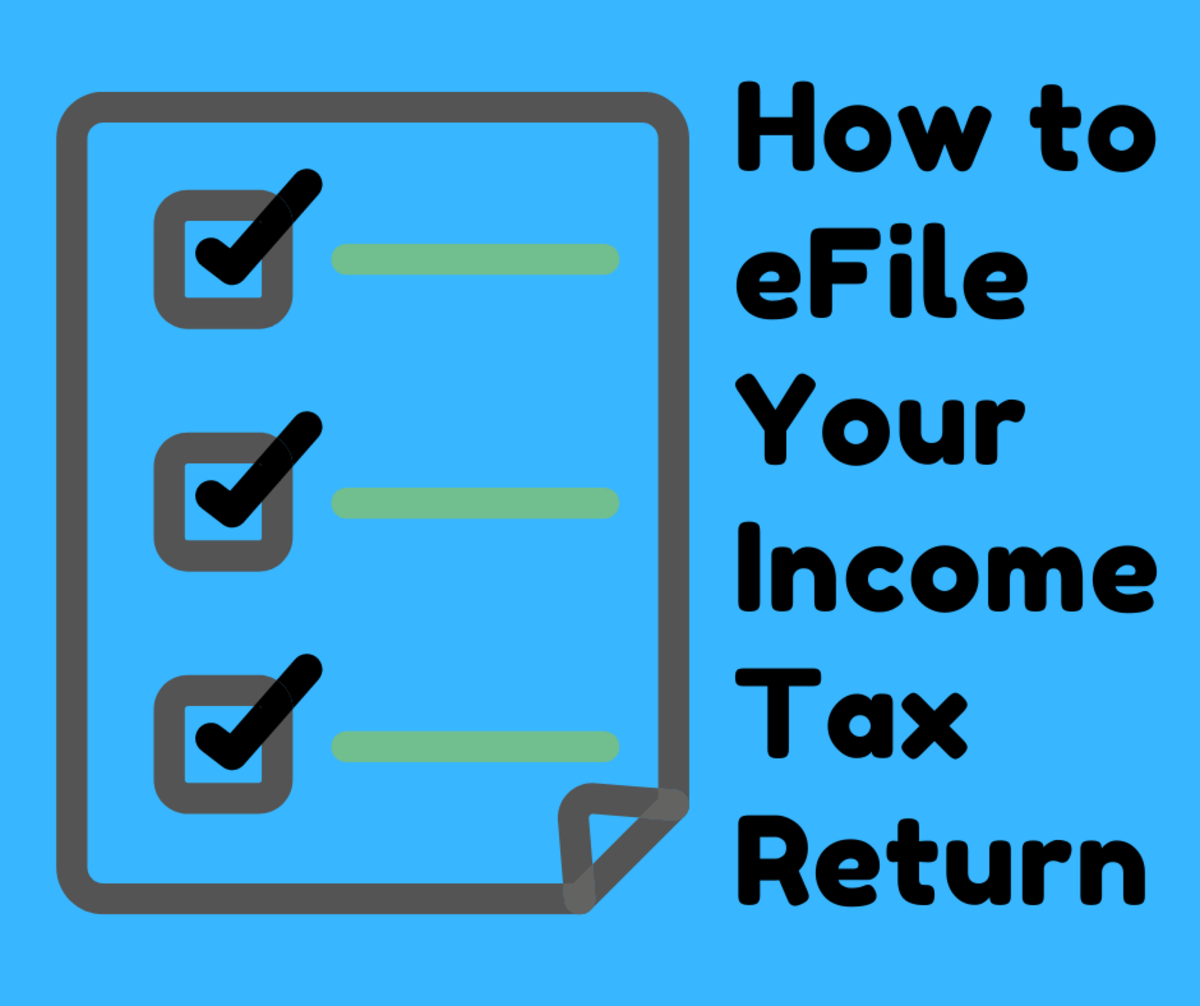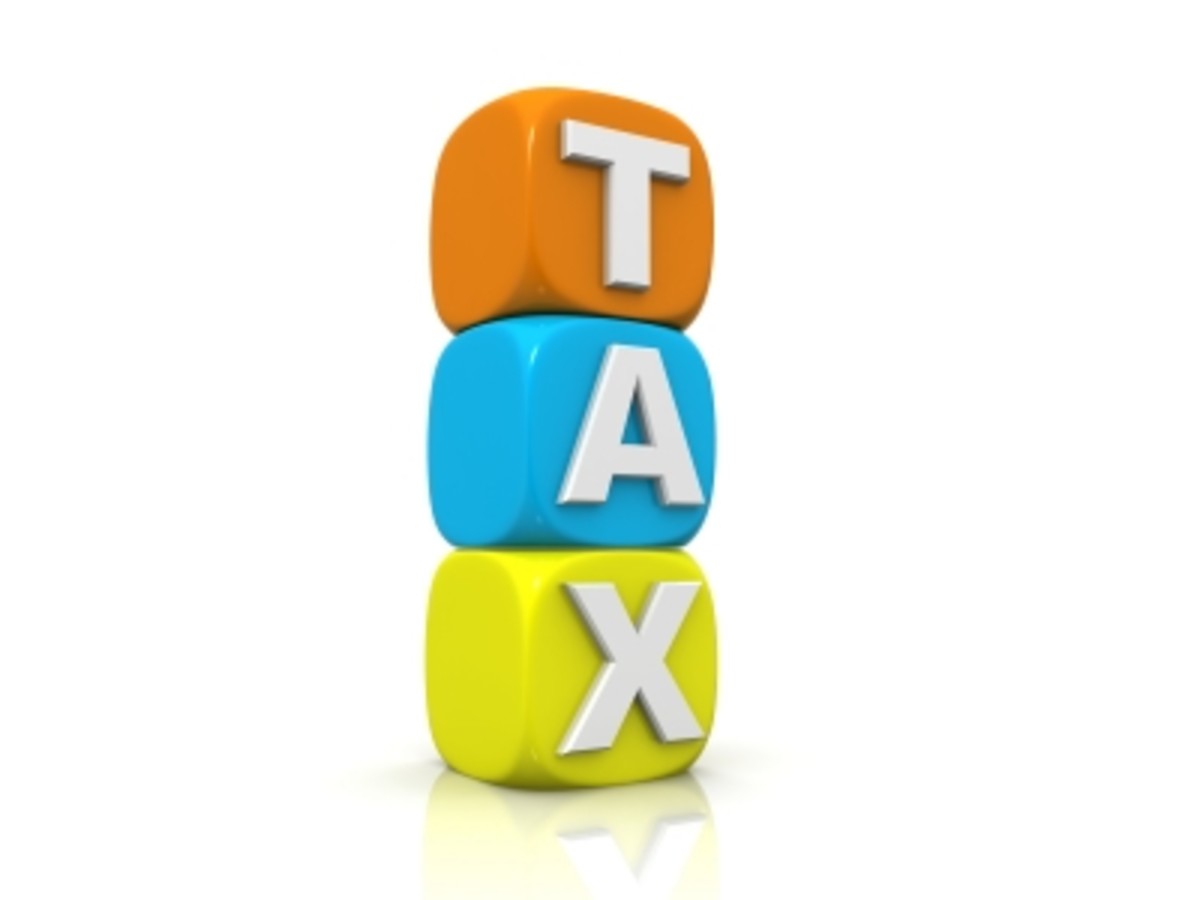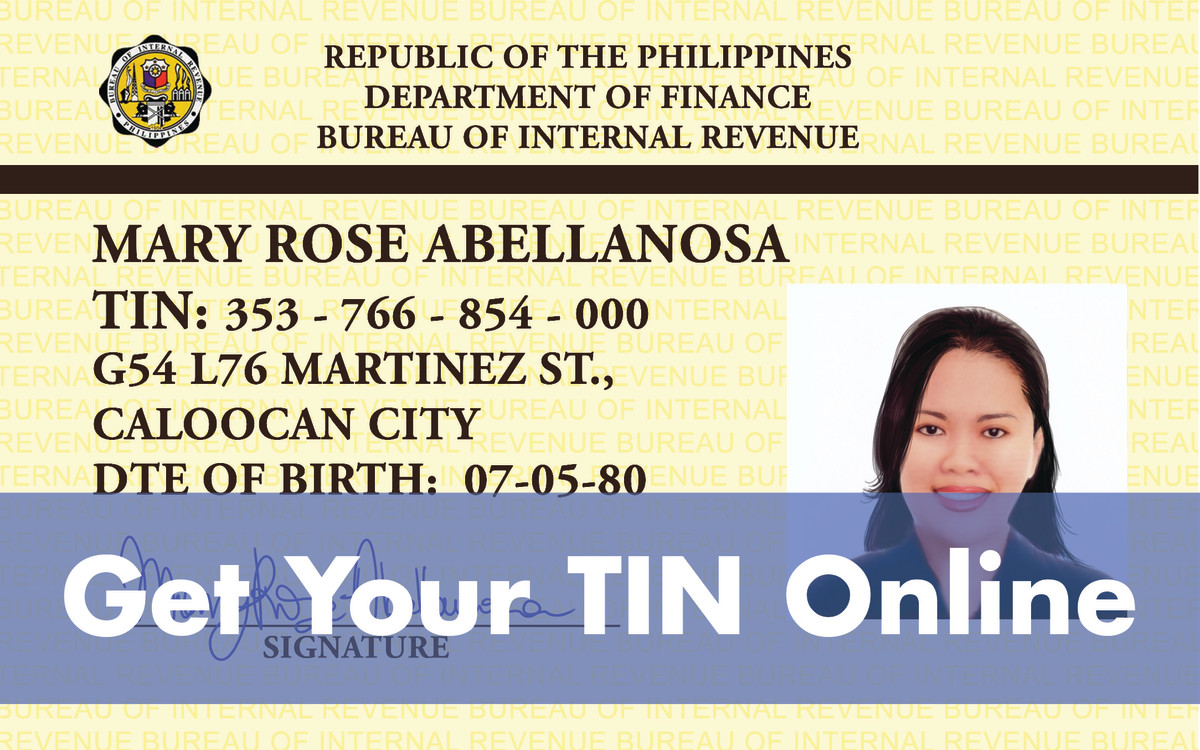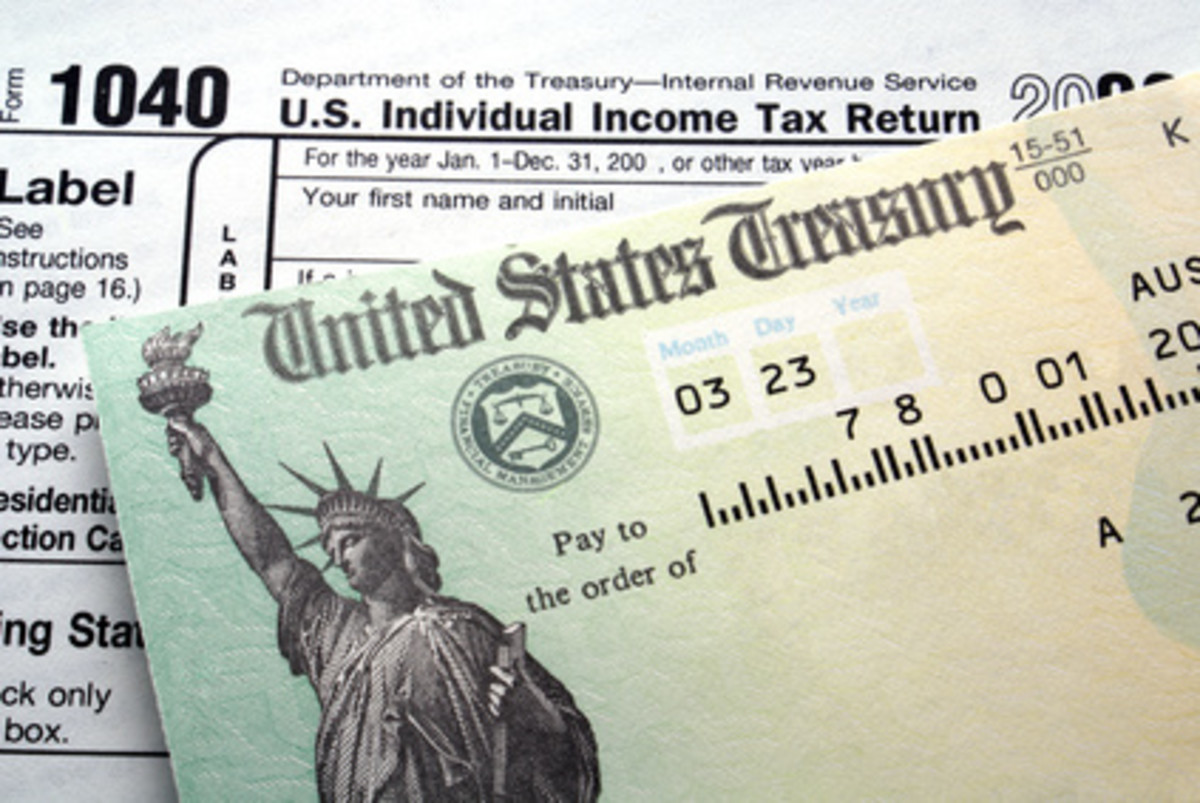- HubPages»
- Personal Finance»
- Tax & Taxes»
- Income Tax
IRS Audit Manual: Beating the IRS in Tax Court
This article is part 7 in a 10 part series on the IRS audit process. If you are reading this far into the IRS Audit Manual, you are either curious or things have not been going well. Tax Court is the place you go when the IRS does not give you a fair hearing. In this article I will cover filing a United States Tax Court petition, the filing process, dollar limits, and when you should hire a tax attorney.
For starters, I think if you are going to Tax Court you need a tax attorney. You can do it yourself, but remember, the IRS attorneys will have a full understanding of the tax code. Unless your tax preparer is licensed to practice before the Tax Court, he cannot represent you. You can bring your tax preparer along if you like, however.
Tax Court is different from tax preparation. A tax attorney will understand taxes and legal procedures in the courtroom. Your tax preparer can help your tax attorney prepare for the case.
Use this article as a guide and not as a substitute for a qualified legal tax professional. I will cover basic information so you can feel comfortable with the process. There will be decisions to make and you can get a head start by reading this article. If you decide to represent yourself, read all the information available at www.ustaxcourt.gov. Forms are available online for filing a petition.
United States Tax Court

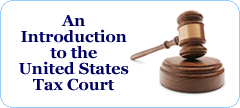
Small Tax Case or Regular Tax Case
The first decision when filing a petition (Form 2) with the Tax Court is if you want your case heard as a small tax case. Small tax cases are similar to small claims in civil court. They are informal and legal procedures are less strict.
A small tax case must fall beneath the dollar limits. There are 4 different actions with dollar limits that can be heard as a small tax case. They are:
-
IRS Notice of Deficiency: This is the result of an audit in most cases. The amount in dispute cannot exceed $50,000 for ANY year you wish reviewed.
-
IRS Notice of Determination Concerning Collection Action: IRS collection actions must follow certain rules. In some cases you should be deemed uncollectable. If the IRS takes actions to collect more than they are allowed by law, you can seek relief by asking the Tax Court to review your case. The amount of ALL years combined cannot exceed $50,000.
-
IRS Notice of Determination Concerning Your Request for Relief from Joint and Several Liability: This concerns matters of spousal relief. If your spouse caused a tax liability you were unaware of, you may not liable. The IRS may want to dig into your pockets anyway. This also applies if the IRS did not issue a Notice of Determination with respect to your request for spousal relief. You can ask the Tax Court for a review as a small tax case if the amount of ALL years involved exceeds $50,000 and at least 6 months have elapsed since the request was made to the IRS.
-
IRS Notice of Determination of Worker Classification: This involves employers treating someone as a subcontractor rather than an employee. The disputed amount cannot exceed $50,000 for ANY QUARTER.
If the amount petitioned for review exceeds the dollar limits, it must be heard as a regular tax case.
One thing you should be aware of in a small tax case is appeals. Small tax cases cannot be appealed. The judge’s decision is final. In a regular tax case you can appeal a decision to a higher court.
The U.S. Tax Court Filing Process
The Tax Court website has the forms you need. Form 2 is your petition. The following documents must be enclosed with the petition:
- A copy of the IRS Notice of Deficiency or IRS Notice of Determination
- Statement of Taxpayer Identification Number (Form 4)
- Request for Place of Trial (Form 5)
- Filing fee of $60
The forms are straightforward and easy to fill out. Form 5 has a list of all Tax Court locations. The forms are "fill-in"; you can print out copies for yourself and filing copies when the forms are completed.
When to Hire a Tax Attorney
It is my opinion and 27 years of experience in the tax profession that all Tax Court cases should be tried with an attorney. It is difficult winning in Tax Court against the IRS. Without an attorney it is harder.
The Tax Court website has a vast amount of information to help you understand the process whether you have legal representation or not. Use the website resources to prepare your case.
I would love to discuss Tax Court cases, but a short article cannot do it justice. Tax Court covers a lot of material which would require a book for a thorough review.
Preparation is important. You win and die in Tax Court based on your preparation. If you get surprised in Tax Court you did not prepare adequately. If you get surprised, you probably lost.
Why You Should File a Tax Court Petition
Sometimes the IRS appeals office gets real slow. Without an attorney, you can file a Tax Court petition. Most cases are settled out of court. If you cannot get a satisfactory resolution, you can always hire an attorney to proceed to Tax Court. The Tax Court attorneys work hard to settle outside of court. Take advantage of this opportunity. If they don’t give you resolution, get a tax attorney to get heard before the judge.




